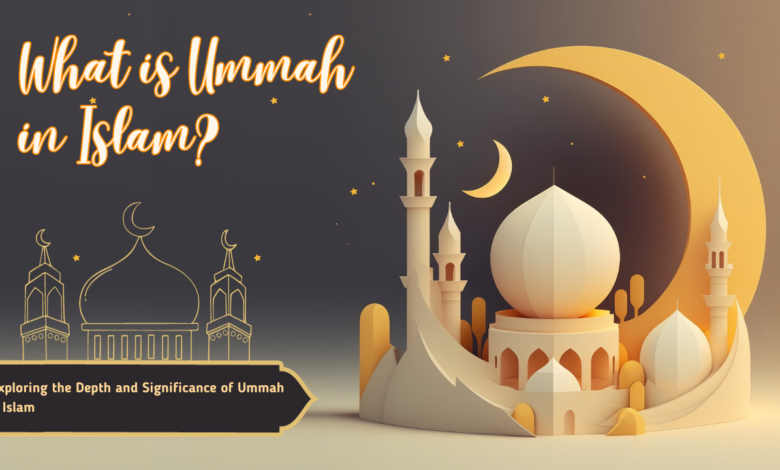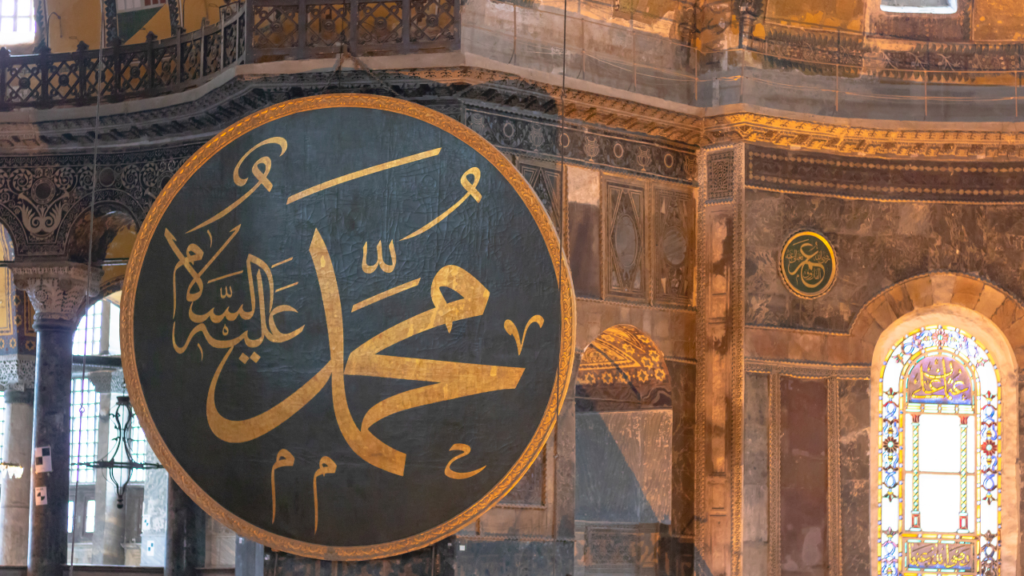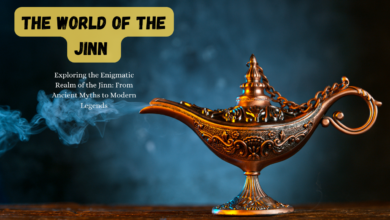
What is Ummah in Islam?
The Ummah in Islam refers to the global community or nation of Muslims who share a common religious faith and identity. It transcends geographical, ethnic, and cultural boundaries.

Introduction
In Islam, the concept of Ummah holds a central and profound significance. Derived from the Arabic word “umm,” meaning “mother,” the term Ummah refers to the global community of Muslims who share a common faith and identity. This concept goes beyond mere religious adherence; it encompasses a sense of unity, brotherhood, and responsibility among Muslims worldwide. To truly understand the depth and importance of the Ummah in Islam, one must delve into its historical, cultural, and spiritual aspects.
Historical Roots
The concept of Ummah has its roots in the life and teachings of the Prophet Muhammad (peace be upon him) and the early days of Islam. During the 23 years of his prophethood, the Prophet Muhammad united various tribes and communities in the Arabian Peninsula under the banner of Islam. This unity was not just religious; it also fostered social cohesion and brotherhood among individuals from diverse backgrounds.
The Charter of Medina, established by the Prophet Muhammad upon his migration to the city of Medina, is often seen as a foundational document for the Ummah. This charter outlined the rights and responsibilities of different religious and tribal groups, emphasizing the idea of a unified community living in harmony.
Spiritual Significance
At its core, the Ummah is a spiritual concept that reflects the interconnectedness of Muslims. It signifies the belief that all Muslims are part of a single, global family bound together by faith in one God, Allah. This spiritual bond transcends borders, languages, and cultural differences. It is a source of solace, strength, and support for Muslims facing various challenges and trials.
The Ummah also plays a vital role in the practice of Islamic rituals. The annual pilgrimage to Mecca, known as Hajj, serves as a powerful demonstration of the unity of the Ummah. Millions of Muslims from different parts of the world converge on Mecca to perform the same rites and rituals, highlighting the universality of Islam.
Social Responsibility
The concept of Ummah goes beyond mere spiritual unity; it carries a profound sense of social responsibility. Muslims are encouraged to support and help one another in times of need. This support extends not only to material assistance but also to emotional and spiritual support. The idea is to create a society where the welfare of all its members is a shared concern.
Zakat, one of the Five Pillars of Islam, exemplifies this concept of social responsibility. Muslims are required to give a portion of their wealth to those in need, with the aim of reducing poverty and inequality within the Ummah. This practice reflects the belief that economic well-being should be shared among the community members.
Also Check
- Why did Islam spread so quickly?
- Fragrance of the beloved Prophet Muhammad (PUBH)
- Charity As Taught By Quran And Prophet Muhammad (PBUH)
- Which is the companion of Hazrat Muhammad (PBUH) who was with you the most during the wars?
- What conditions were laid between the Muslims and the infidels on the occasion of peace at Hudaybiyah?
Challenges and Unity
Despite the ideal of a united Ummah, there are challenges to its realization. Factors such as political divisions, cultural differences, and sectarianism have at times strained the unity of the Muslim community. However, many Muslims continue to work towards bridging these divides and fostering a sense of harmony within the Ummah.
Conclusion
The concept of Ummah in Islam represents a powerful and unifying force that transcends national, linguistic, and cultural boundaries. It is rooted in the teachings of the Prophet Muhammad and serves as a source of spiritual strength, social responsibility, and solidarity among Muslims worldwide. While challenges may exist, the ideal of a united Ummah remains a central aspiration for many in the Muslim community, reflecting the belief in the shared destiny and responsibility of all Muslims.

(FAQs) about the concept of Ummah in Islam:
What is the Ummah in Islam?
The Ummah in Islam refers to the global community or nation of Muslims who share a common religious faith and identity. It transcends geographical, ethnic, and cultural boundaries.
What is the significance of the Ummah in Islam?
The Ummah holds great significance in Islam as it represents the unity of Muslims worldwide. It fosters a sense of belonging and solidarity among Muslims, promoting mutual support and cooperation.
How is the Ummah different from a nation-state or country?
Unlike a nation-state, the Ummah is not confined to a specific geographical territory. It is a community of believers spread across the globe who are bound together by their faith in Islam.
What role does the Ummah play in Islamic teachings and history?
The concept of Ummah is rooted in Islamic teachings and history. It was exemplified by the early Muslim community in Medina, led by Prophet Muhammad, and it continues to guide Muslims in matters of solidarity, charity, and mutual support.
Does the Ummah have a leader or central authority?
Islam does not have a centralized religious authority or leader for the entire Ummah. Different Muslim countries and communities may have their own leaders and scholars, but there is no single global leader of the Ummah.
How does the concept of Ummah impact Muslim practices and obligations?
The concept of Ummah encourages Muslims to consider the welfare of fellow believers and to support those in need, both within and outside their local communities. It plays a role in various aspects of Islamic charity and social responsibility.
Can non-Muslims be part of the Ummah?
The Ummah primarily consists of Muslims, but non-Muslims may be part of Muslim-majority societies and communities. However, they are not considered part of the Ummah in the religious sense, as membership is based on faith.
Is the concept of Ummah purely religious, or does it have political implications?
The concept of Ummah has both religious and political implications. It guides the way Muslims interact with each other and the broader world, influencing their sense of identity and their approach to issues affecting the Muslim community.
How does the Ummah respond to contemporary global challenges and issues?
The response of the Ummah to contemporary challenges varies among individuals and communities. Some advocate for peaceful coexistence and dialogue, while others may engage in activism or humanitarian efforts to address issues affecting Muslims globally.
Are there any organizations or institutions that represent the Ummah on a global scale?
There are international organizations and forums, such as the Organization of Islamic Cooperation (OIC), that aim to address issues facing the Muslim world and promote solidarity among Muslim-majority countries. However, they do not represent the entire Ummah.






